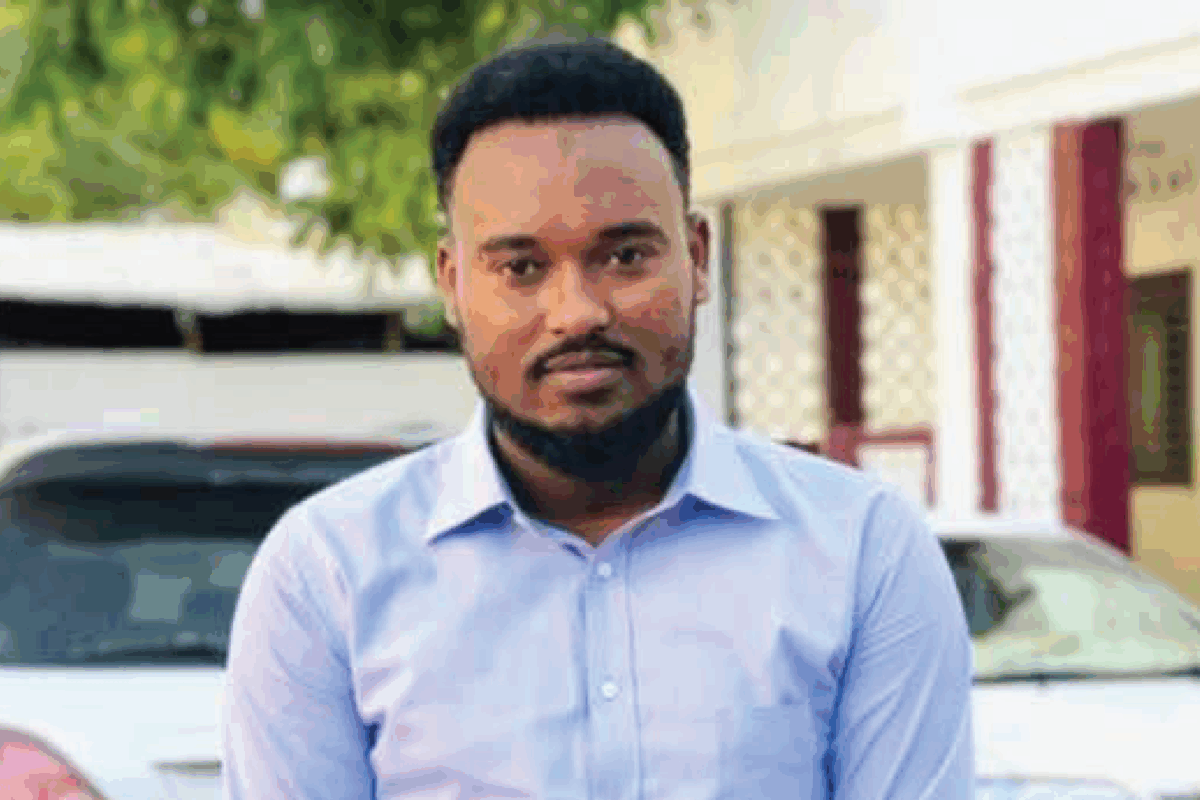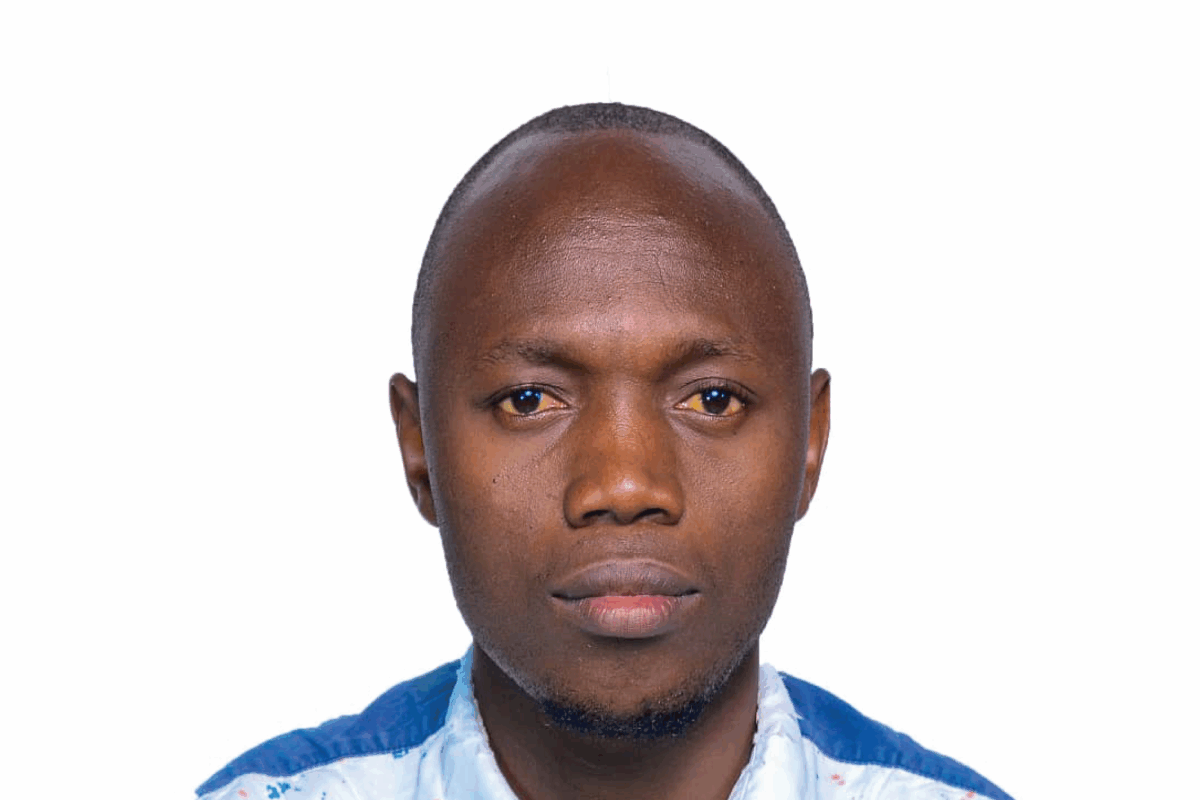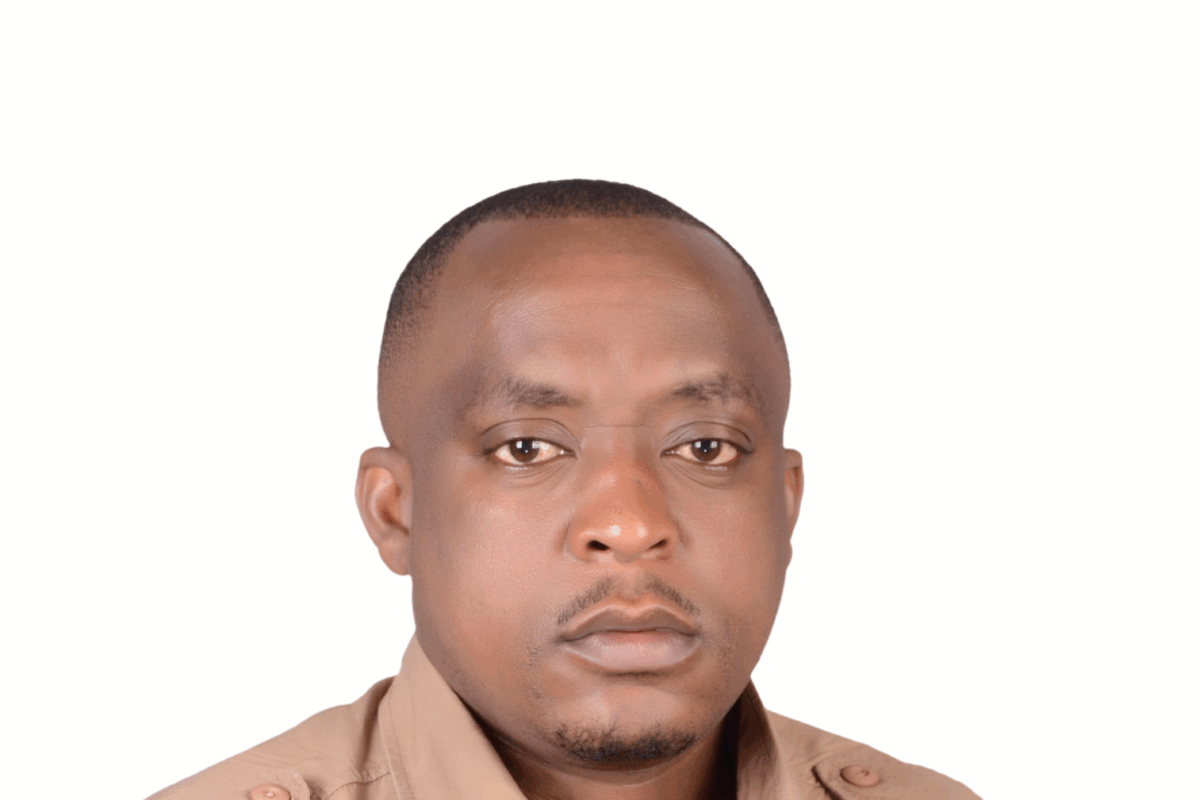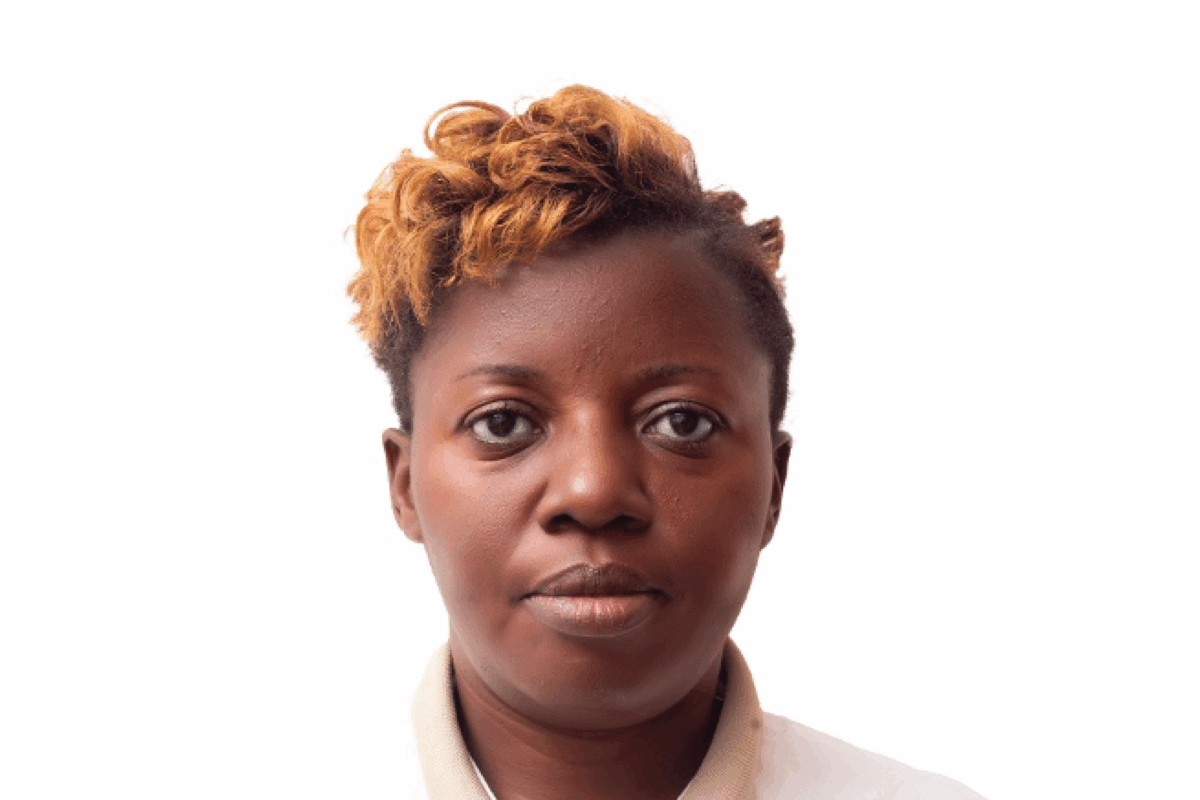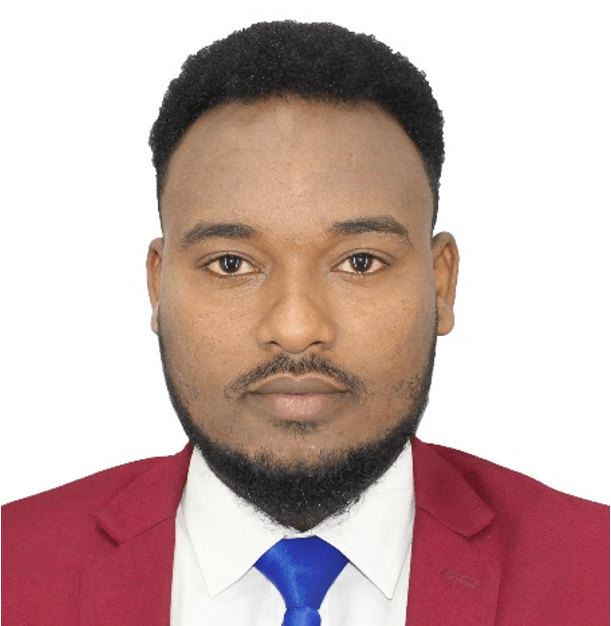
Hassan Istiila, Somalia |
Hassan Istiila is a Mogadishu-based journalist with over a decade of experience reporting for local and international media. His work focuses on migration, governance, digital divides, climate change, environmental issues, fact-checking, and the rights of marginalised communities. As Somalia undergoes a digital transformation amid deep-rooted infrastructure and information access challenges, Hassan sees journalism as a tool to promote transparency and inclusion. He is particularly interested in how Digital Public Infrastructure (DPI) can transform fragile states like Somalia, where systems such as national digital ID and e-governance are emerging but underreported—especially from the perspective of equity and accountability.
Through this fellowship, Hassan aims to deepen his reporting on how these digital shifts impact public service delivery and the daily lives of ordinary citizens, especially women, youth, and internally displaced people.

